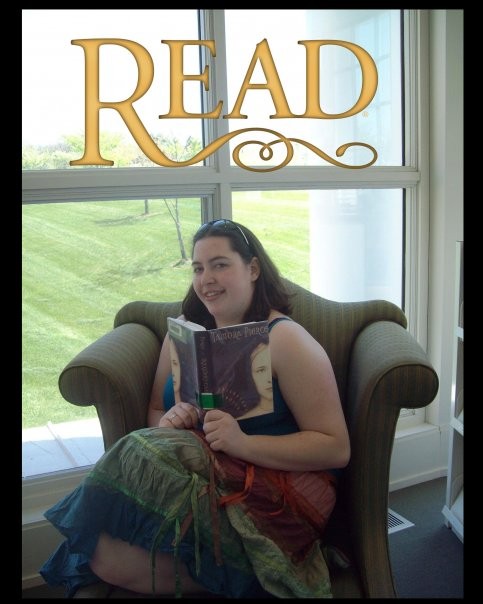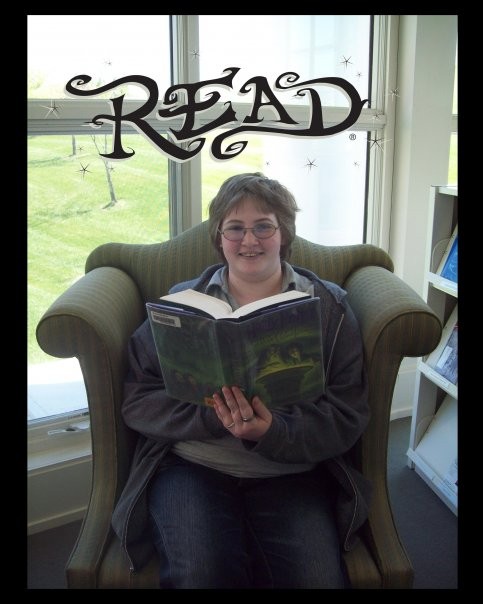 Back in the misty reaches of time, books came in two types: fiction and non-fiction. It was usually pretty easy to tell the two apart. Fiction was a story someone made up. Non-fiction was supposed to be the opposite.
Back in the misty reaches of time, books came in two types: fiction and non-fiction. It was usually pretty easy to tell the two apart. Fiction was a story someone made up. Non-fiction was supposed to be the opposite.
Then, in 1876, a guy named Melvil Dewey invented a system to organize and categorize every type of non-fiction book. Not long after, the concept of genre fiction was born – although we can blame Aristotle for the idea, as his Poetics was (apparently) the first attempt to categorize dramatic works as either comedy or tragedy.
 Regardless, by the early 1900s – aided and abetted by marketers – fiction was being sliced and diced into ever more numerous categories. Wikipedia’s entry on genre fiction lists nine genres, each with corresponding subgenres. The entry on fantasy subgenres, for example, lists ten categories when sorted by theme, or five when sorted by setting. Several of these subgenres have sub-subgenres, and many overlap with subgenres of other genres. Paranormal romance falls into both the fantasy and the romance genres. Or sci-fi, if the magic happens on another planet. Or historical, if the magic happens in the past. Or young adult, if the magic happens to teenagers.
Regardless, by the early 1900s – aided and abetted by marketers – fiction was being sliced and diced into ever more numerous categories. Wikipedia’s entry on genre fiction lists nine genres, each with corresponding subgenres. The entry on fantasy subgenres, for example, lists ten categories when sorted by theme, or five when sorted by setting. Several of these subgenres have sub-subgenres, and many overlap with subgenres of other genres. Paranormal romance falls into both the fantasy and the romance genres. Or sci-fi, if the magic happens on another planet. Or historical, if the magic happens in the past. Or young adult, if the magic happens to teenagers.
Which brings me to the concept of “young adult” fiction. Back in the misty reaches of time, little kids read fairy tales and “Dick and Jane” readers; then they graduated to the Hardy Boys and Nancy Drew; and then, in their teens, they started reading the same stuff adults did. It wasn’t until the 1950s and J.D. Salinger’s Catcher in the Rye that the publishing world began to realize that it could target specific books to teens.
Today’s YA fiction encompasses nearly every genre. The protagonist is almost always an adolescent, and by my observation, most plots feature some variation on the hero’s journey.
What I find most interesting about YA fiction today is the number of adults reading these books – and I’m not talking about just Harry Potter and The Hunger Games. I’m a fan of YA author Tamora Pierce because my daughters loved her books. (Actually, “love” may be understating it; my kids once suggested, in all seriousness, that we go to Tortall on vacation.)
Why are adults drawn to YA? I can’t answer for everyone, but I can tell you why I read it: the characters are likeable, the plots are interesting but not too convoluted, and people aren’t falling into bed with each other every few pages. Violence is usually downplayed, too. All of that leaves room for actual character development, which is much of what I’m after when I read.
A lot of indie authors are already writing YA books – in fact, we have a few on the IU staff. The rest of us who write fiction might want to take note. Young fans tend to be exuberant; if they love your book, they’ll hand it to their friends, their family, and eventually, even their own kids. Talk about career longevity.

Hi Lynne, A very nice article on YA. I write YA and for the very same reasons that you stated above. I don’t worry about my characters crinkling the sheets. I find those first crushes and blushes as I like to call them, refreshing. I want my readers to feel comfortable and familiar whatever the environment. Tamora was one of my first introductions to YA and I admire her tenacity. Her background is encouragement enough to never give up. Furthermore, it is nice to be able to sit and read Ya(most) with the family and not have an OMG moment. As always thank you for your post.
You’re welcome, Aron. My daughters and I (that’s them, up top 🙂 ) attended one of Tammy’s book signings several years ago. I wasn’t writing much at the time, but two things she said stuck with me. One was what I mentioned above, about her YA fans passing her books around to family and friends, and making them fans, too. The other thing she said was that some of her friends who wrote adult books would try to talk her into writing for adults — and her response was that unlike adult fiction, her YA books never went out of print. That’s not something indies ever have to worry about, tho. 😉
Great post, Lynne. My thoughts mirror those of Aron’s above.
I love writing and reading YA 🙂
Me too. 🙂 Thanks!
Great article, Lynn. In my YA days, I guess YA existed (I vaguely remember a section of the library labeled that way), but I don’t think I read that much of it. Today, I read a bunch. I find them to be a nice change of pace. Maybe there is a bit of nostalgia there too. :/
Nostalgia? Maybe. But life isn’t simple in YA books today. My kids had one called “Rainbow High”, I think, that they wouldn’t let me read because it was about — gasp! — gay boys in high school. I think they were afraid I’d confiscate it, lol.
I agree, Lynne. Being a teen was never easy and I suspect it has only gotten harder. But from an adult perspective, the problems of a teen might seem easier. However, that’s only because we’ve (maybe) solved those particular problems for ourselves.
I think it is a positive trend that you can have a YA book where characters are clearly gay or that reflect some of the harder struggles that teens go through. If those existed in my day, I missed them, and suspect it would have caused an uproar.
A book about gay teens would have certainly caused an uproar in *my* school. 🙂 I agree with you — the fact that kids can read about these things now is a definite improvement.
This post reminded me that a lot of very successful series today would be considered YA. Thanks for the thought-provoking article.
You’re welcome, Mel. 🙂
I have been wondering lately if the YA category is a misnomer for a lot of books, because aside from the fact that the hero is an adolescent, as you say, the subject matter of a hero’s journey isnt age-specific.
Good point, Krista. Particularly in the case of fantasy titles, I think publishers and booksellers assume they’re YA. I had an agent reject one of my fantasy novels years ago because it wasn’t suitable for YA — when I had intended it as an adult novel all along.
You’re right, Lynne, lots of Y/A literature stands the test of time because a good amount of it is really about growing up, which is essentially character development. In fact one of my favourite books, The Launching of Roger Brook by Dennis Wheatley, I read first when I was fifteen and then came across it last year in a $2 tray in a local bookshop. When I was fifteen of course there was no such category but it most certainly would be classed Y/A today. Excellent post.
Thanks, T.D.! 🙂